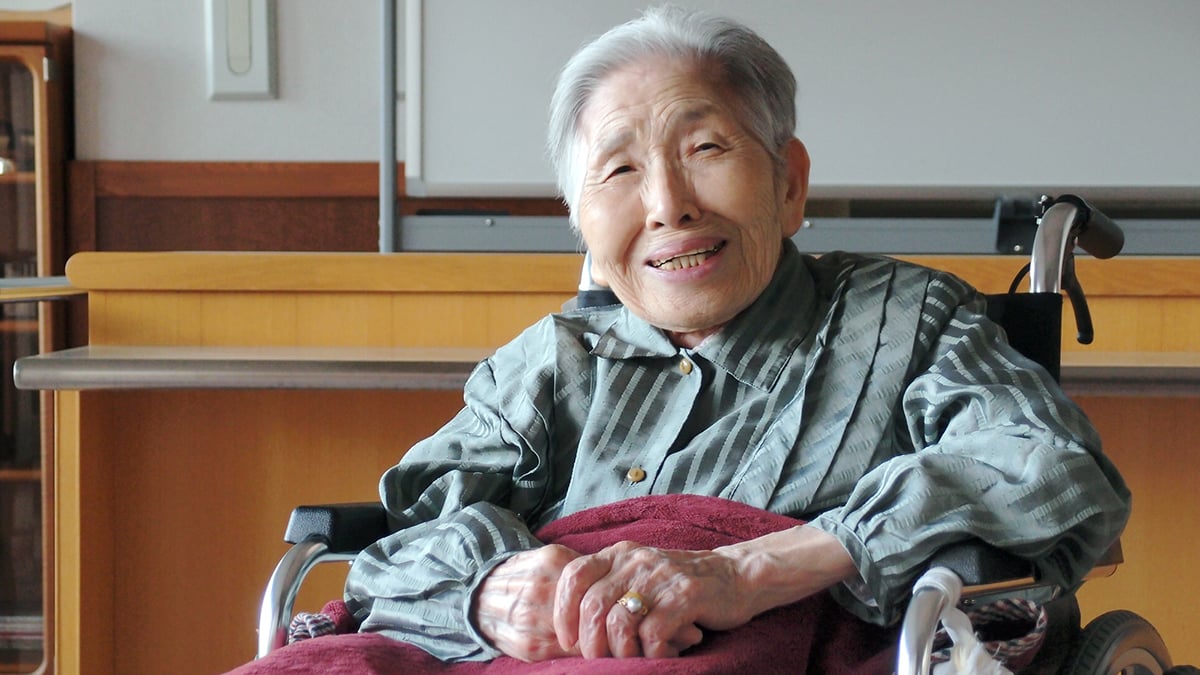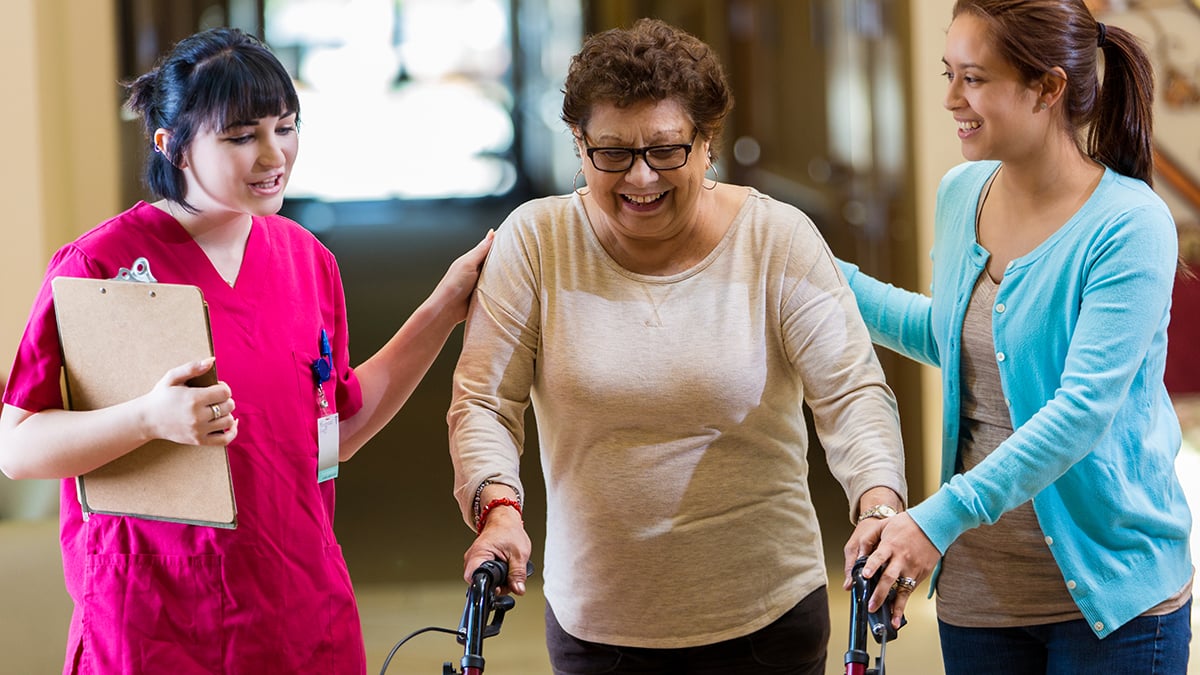e-Learning
Course Catalog
Build the skills you need to succeed in the modern healthcare marketplace with world-class cultural competency courses designed for healthcare professionals.

Courses
All the essential cultural competency courses you need to build communication skills, improve patient experience, and meet licensing requirements.
- All
- CEU/CME
- CCM
- CDE
- ASWB ACE
- Bundles















Course Features
Quality Interactions leads the industry in cultural competency education, assessment, and certification.

Accredited Courses
Meet licensing requirements with learning assessments, downloadable certificates, and CE credits.

Mobile-Friendly
Learn on the go, where and when you want to, with fully responsive courses available on any device.

World-Class Content
Our courses are made for you by cultural competency experts and practicing physicians.
My institution is thoughtful and methodical about what they purchase. The choice was researched thoroughly. For us to invest the money and our people's time—Quality Interactions works.
Director, Office of Inclusion and Health Equity, University Medical Center


Independent Learners
Purchase courses online and easily meet your licensing requirements today with engaging, accessible continuing education.

Organizational Leaders
Fill out this quick form to schedule a 15-minute course demo and see why top healthcare organizations choose Quality Interactions as their source for employee learning.
Request a Demo
After you submit the form, a member of our team will get in touch to answer any questions and schedule a 15-minute demo. Thank you!
